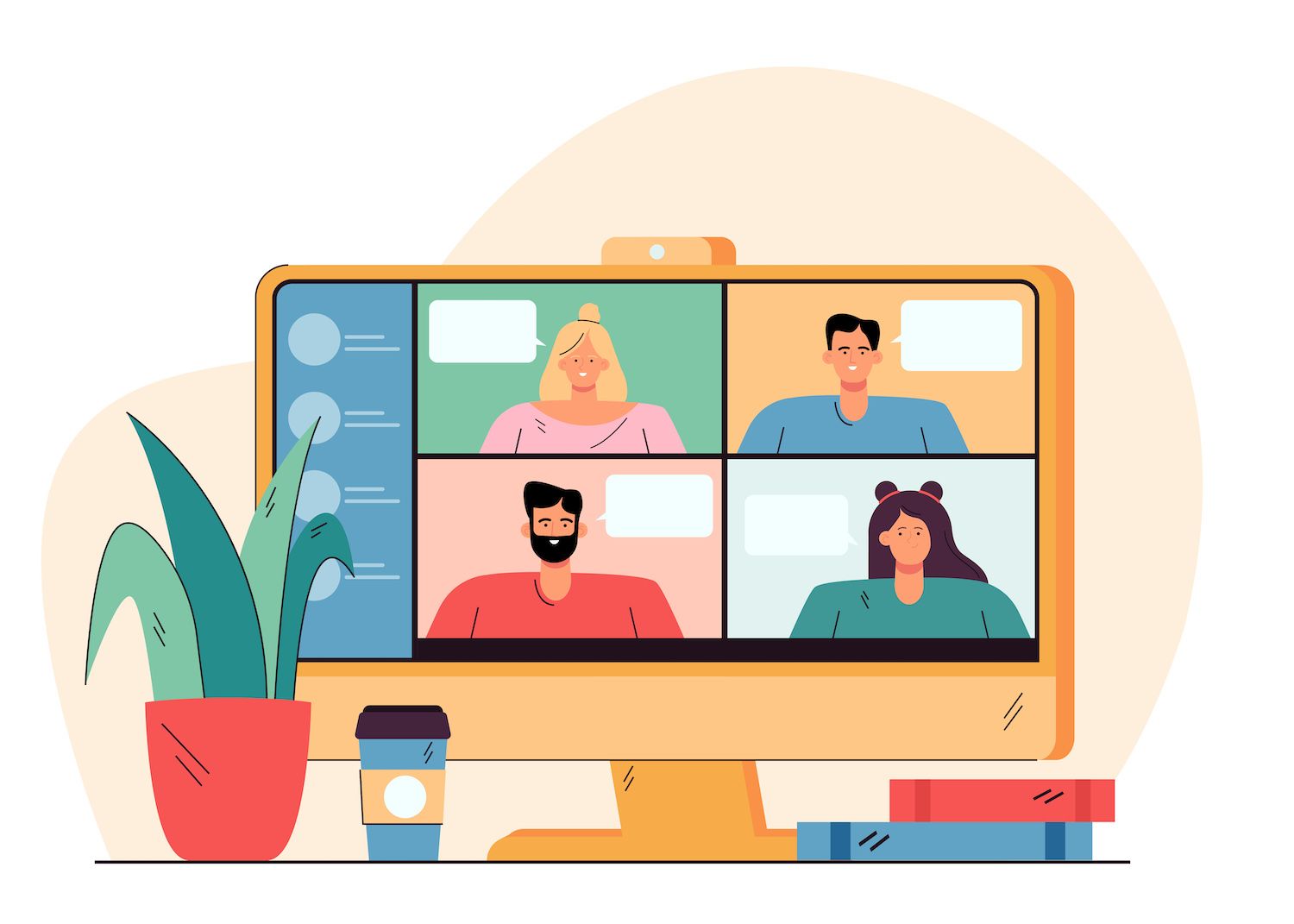Terms

How to restrict content using the use of a paywall could be the most significant option a content creator could make. The optimal balance between creating content free of charge and making money from it isn't easy. You want people to find your content however, you must also build a sustainable business.
Let's explore the ins and outs of gating content and answer a few essential concerns:
What is an online paywall?
Paywalls are digital barrier that restricts access to specific content on a website. Only people with a paid subscription or a paid membership can see the content that is within the walls. Paywalls are usually employed by news sites as well as online publications and other businesses on the internet that create premium content, which is expensive to create.
Paywalls' purpose is to generate income for the website or publication by charging users for access to content. This strategy allows content creators to make money from their content.
Consider a paywall to be an access barrier that restricts access to your content. Just as a gate unlocks and lets people access a building the content gate or paywall permits access to a certain portion of your online content (which is referred to as gated content or paywalled content). It could be an audiobook, newsletter, blog post, education course or similar.

The way to unlock access is by signing up to that podcast, or buying a course, or joining an account on the blog.
Different types of paywalls
There are several different types of paywalls. These are the main differences:
Hard paywall
The most common kind of paywall is the hard paywall. It completely blocks users from accessing the content they want until they pay for a membership or subscription. This type of paywall is typically employed by trusted newspapers, publications or memberships that produce high-quality, in-depth analytical material.
Soft paywall
A soft paywall permits viewers to see a certain amount of content, without having to pay, but requires a subscription or a membership in order to access every piece of contents. This kind of paywall is typically used by online magazines as well as other publications that produce high-quality content but also want to allow some access to their content for the cost of a subscription, possibly so that they can be found through search engines.
Paywalls with a meter
Paywalls that are metering allow customers to view a certain number of articles or pages for free within a specific timeframe (normally each month) prior to having to purchase an annual subscription. This type of paywall is mostly used by news sites or other subscriptions with a focus on content. generate a significant amount of material on a regular periodic basis.
Why use a paywall?
The use of a paywall is an efficient method of monetizing the website, specifically websites with lots of content, such as news organizations, research institutions as well as (independent) blogs.
There are several advantages to using paywalls could be a good idea:
- Revenue generation: Generate recurring revenue, and directly stream revenue
- Business model that is sustainable: Become less reliant on revenue from advertising and, in turn, creates greater user experience
- Audience attraction: Bring in a greater number of loyal and engaged users by understanding their preferences and crafting content according to suit their needs. It becomes easier to foster an atmosphere of belonging by actively engaging with your audience and asking for their feedback.
- Value perception If your audience is willing to pay for your content, it implies they are able to value it. Typical paywalled content includes in-depth analysis, professional insights as well as exclusive interviews. high-quality resources for companies.
- Analytics and data that are more accurate: Receive more data about your users to understand them better. Regularly analyze user behavior, subscription patterns, and churn percentages. This data will enable you to improve your paywall plan to ensure maximum effectiveness.
What content is appropriate to paywalle?
Our customers and potential customers frequently ask us in addition to the first question "What is the definition of a paywall?" It's a question of "How much content do I need to include behind the paywall?" but it's better to think about what content needs to be locked rather than the much.
To decide which content to be protected it is important to ask yourself a few critical inquiries:
1. What's your objective?
In the process of creating a blog or article, think about the (primary) purpose of the piece of material. Are you looking to increase the visibility of your brand, as well as establishing yourself as a thought leader in your area?
Are you looking to monetize or earn revenue from your contents? Are you looking to expand your database (often called "generating leads')? These questions can help you decide what information should be gated or restricted.

2. What is your biggest rival?
There's not much point asking people to pay for things if they could get the same thing for free! When researching your next post, find out if any content in a similar area or subject is readily accessible and free.
It's not a problem to create more content on the same topic, however it is important to ensure your viewers are getting something that isn't available elsewhere This could be a first-hand experience, or a unique perspective that no other source can provide.
3. Do you add value?
If your material isn't providing worth to your audience, it shouldn't be gated. You need to offer content that can't be found anywhere else, or be provided in a format that offers high 'production value'.
For example, longer content like deep analyses or ebooks or downloads are suited to paywalled or gated content. shorter content such as blogs of up to 1000 words tend to be better ungated/free content.
Case studies: Companies using paywalls to their advantage
These famous publications should help in demonstrating how businesses successfully use paywalls to make money from their content and give exclusive value to their customers.
Water and Music
Music writer and tech expert Cherie Hu created Water and Music Water and Music, which is a research and information system for the evolving business of music. The company's mission is to help make music more collaborative and transparent through a peer-to-peer method of knowledge sharing covering everything such as streaming and Web 3.
Stratechery
Stratechery which is managed by technology analyst Ben Thompson, offers a subscription-based system for his deep review of the tech business. The paid membership provides access to exclusive content along with daily updates as well as an online community forum.
The Mythical Society Mythical Society
Rhett and Link, YouTubers and internet popular host of Good Mythical Morning, invite you to venture into unprecedented dimensions through their gtaed website Mythical Society. Membership grants access to behind-the-scenes videos, exclusive content as well as exclusive products.
Pack Hacker
Tom Wahlin founded reviews site the review site Pack Hacker, which finds and evaluates the best gear for traveling and daily life. He and his team believe the best reviews and guides come from unbiased testing and application. Paying members have access to comprehensive packing tips as well as exclusive video tutorials.
The Air Current
Former CNN editor Jon Ostrower has become a highly successful independent journalist through his aviation news website The Air Current. The Air Current's primary focus is reporting useful, relevant news as well as analyzing global strategic trends and their broader implications on the global aerospace and aviation.
The Athletic
The Athletic is the sports news website that provides high-quality content and in-depth coverage of various sports. They've successfully established the subscription model and have been able to attract sports enthusiasts who seek high-quality sports reporting.
What exactly is an effective paywall?
Paywalls are an effective way for online publications to earn revenue as well as support the production of high-quality content. Only users who have an active membership can access to view certain pieces of your paywalled (or locked) content.

Paywalls require a careful balance action, since it's crucial to make money from paid content and also provide users a free service to users so that they can discover your website. But a well-executed paywall strategy not only ensures an ongoing stream of revenue for your members however it also helps to build an engaged and loyal audience.
